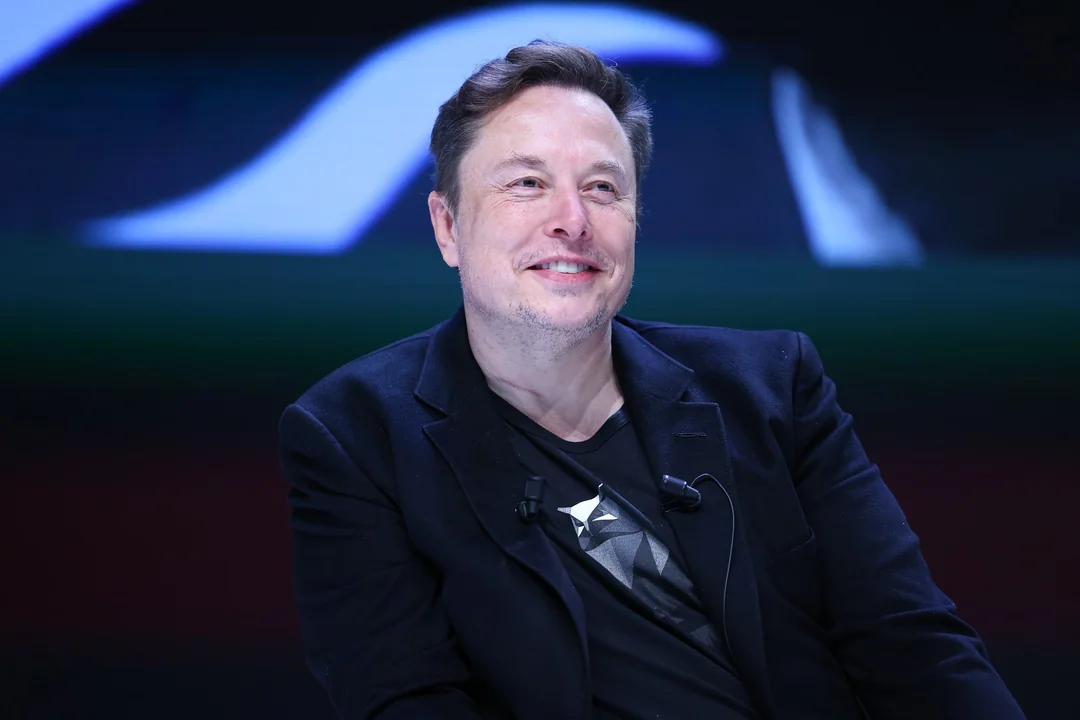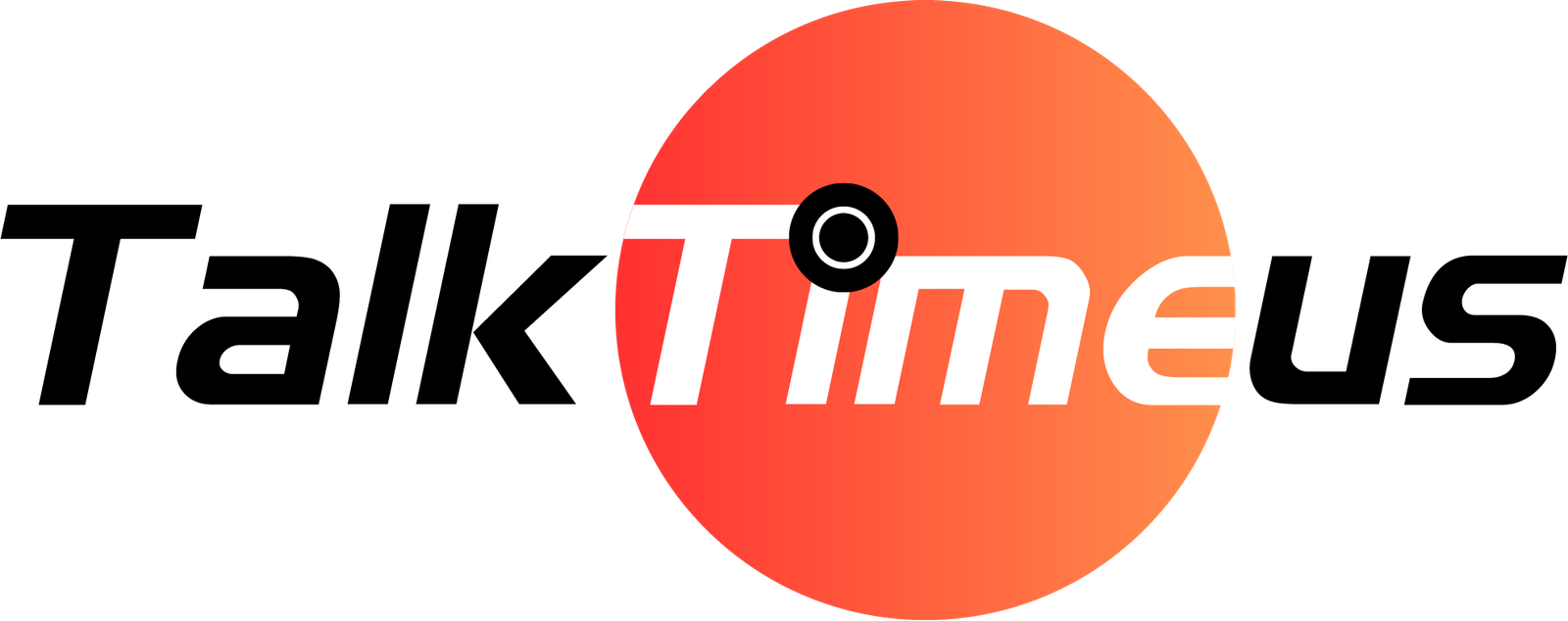Why is X Banned in Brazil? Understanding the Suspension and Reinstatement

On October 8, 2024, Brazil’s Supreme Court lifted a month-long suspension on X, the platform formerly known as Twitter. With a user base of approximately 20 million in Brazil, the ban had significant implications for social media governance in the country. This article dives into why X was banned in Brazil, its steps to comply with legal requirements, and the broader consequences of Brazil’s regulatory stance on digital platforms.
Why Was X Banned in Brazil?
The question of “Why is X banned in Brazil?” centers around the platform’s failure to meet key judicial requirements mandated by the Brazilian legal system. The primary reasons for the suspension include:
- Noncompliance with Judicial Orders: The court noted X’s shortcomings in content moderation, allowing the proliferation of misinformation and harmful content. This negligence was viewed as a major violation of Brazil’s Internet regulations.
- Lack of Legal Representation: X was criticized for not maintaining adequate corporate representation within Brazil, which created barriers to effective communication with the judiciary and complicated enforcement of Brazilian laws.
- Failure to Suspend Flagged Accounts: X neglected to remove certain accounts flagged by the Brazilian judiciary for promoting harmful content. The platform’s failure to comply with direct judicial orders exacerbated concerns over public safety and online governance.
Brazil’s Supreme Court found these actions in clear violation of Marco Civil da Internet, the country’s primary digital governance law. This framework sets forth standards for online platforms, including user privacy, freedom of expression, and strict compliance with judicial mandates. Given X’s inability to fulfill these requirements, Brazil moved to ban the platform nationwide, raising awareness on “Why is X banned in Brazil?” and the potential consequences for other tech companies operating within the country.
The Marco Civil da Internet: The Foundation Behind the Suspension
The Marco Civil da Internet, often referred to as Brazil’s “Internet Constitution,” is the legal foundation behind why X was banned in Brazil. Established to regulate digital platforms, it upholds principles such as user privacy, content responsibility, and adherence to lawful directives. Under this framework, companies that fail to comply with judicial rulings are subject to penalties, including suspension or even nationwide bans.
In the case of X, Brazilian authorities interpreted the platform’s actions as a disregard for Brazil’s Marco Civil da Internet provisions. As a result, the ban highlighted the country’s willingness to hold even global tech giants accountable to national standards.
How Did X Respond to the Suspension?
Following the suspension, Elon Musk’s X team moved swiftly to comply with Brazilian legal standards to secure reinstatement. The answer to “Why is X banned in Brazil?” also reveals insights into the platform’s strategy for reentry into the country. Key steps taken by X included:
Also read I California Court Rules Against Meta’s Motion to Dismiss Child Safety Lawsuit
- Appointment of Local Legal Representatives: Recognizing the need for direct communication channels with Brazilian courts, X appointed local legal representatives to address any future judicial concerns swiftly.
- Content Moderation Adjustments: X committed to enhancing its content moderation policies, especially concerning takedown requests for harmful content.
- Account Suspension Compliance: To meet judicial requirements, X suspended accounts previously flagged for spreading illegal or harmful content, demonstrating its commitment to upholding Brazilian legal standards.
These adjustments allowed X to align its practices with the Marco Civil da Internet and other local regulations, ultimately leading to its reinstatement by Brazil’s Supreme Court on October 8, 2024.
Implications of X’s Ban and Reinstatement for Social Media Platforms in Brazil
The answer to “Why is X banned in Brazil?” has significant implications for other tech platforms operating within the country. Brazil’s Supreme Court’s decision underscores the importance of regulatory compliance, especially as the Brazilian government continues to advance its legislative framework surrounding social media governance.
The Broader Impact on Social Media Governance
The case of Why is X banned in Brazil? highlights a global trend: governments are increasingly vigilant about enforcing regulations that balance free speech with social responsibility. In Brazil, the rising prominence of digital platforms as sources of information places significant pressure on platforms like X to curb misinformation and enforce compliance with local standards. Brazil’s decision sends a clear message to global tech companies that adherence to local laws is non-negotiable.
Key Regulatory Trends in Brazil
As Brazil tackles challenges related to misinformation and harmful content, the country’s regulatory landscape is evolving to place greater accountability on digital platforms. Beyond the Marco Civil da Internet, two emerging legislative efforts aim to reinforce platform responsibility:
- Fake News Law: This proposed legislation seeks to combat misinformation by making platforms accountable for the spread of false information, emphasizing the need for rigorous content moderation policies.
- General Data Protection Law (LGPD): Often compared to the GDPR in Europe, Brazil’s LGPD governs data privacy, placing strict requirements on platforms to protect users’ personal information.
The LGPD and the potential Fake News Law form the backbone of Brazil’s digital regulatory strategy, which could have a lasting impact on the digital operations of social media giants like X. The reinstatement of X serves as a benchmark for these regulatory efforts, setting a precedent that reinforces the necessity of compliance to continue operating in the Brazilian market.
Musk’s Vision for X and Compliance Challenges
The reinstatement of X also brings to light the inherent tension between Elon Musk’s free-speech-driven approach and the demands for compliance in regulated markets. Since Musk acquired X in 2022, the platform has undergone multiple transformations, including layoffs, restructuring, and changes in content moderation policies. However, Musk’s free-speech-oriented vision has faced challenges in countries like Brazil, where unchecked information flow can have real-world repercussions.
For more on Brazil’s LGPD, visit the National Data Protection Authority (ANPD) website.
With X banned in Brazil due to a lack of content moderation, Musk’s approach may need to shift to ensure a balance between free speech and regulatory compliance. For other platforms, X’s experience is a lesson on the importance of aligning company policies with national regulatory standards.
Why is X Banned in Brazil? Lessons for Global Tech Platforms
The answer to “Why is X banned in Brazil?” serves as a vital learning point for tech companies worldwide. Brazil’s stringent digital regulations illustrate the consequences of failing to meet local standards, especially in a country with proactive digital governance policies. The situation emphasizes that global platforms must navigate complex legal environments and adapt their policies to ensure compliance.
Conclusion: Why X’s Reinstatement in Brazil is a Turning Point
Understanding Why is X banned in Brazil? and its path to reinstatement underscores the rising importance of regulatory compliance for tech companies. X’s experience in Brazil reflects a growing trend among governments worldwide to hold digital platforms accountable, ensuring that their operations align with national laws and protect public interests. For Brazil’s 20 million users of X, the reinstatement is a victory for open digital access, but it also underscores the need for platforms to respect local laws.
As Brazil sets a precedent with its handling of X, other countries may look to its approach to shape their own digital governance policies. For platforms like X, it is a reminder that the road to global expansion requires navigating regulatory complexities while respecting national frameworks.
For further details on the Marco Civil da Internet, you can refer to the Brazilian government’s official resource.




